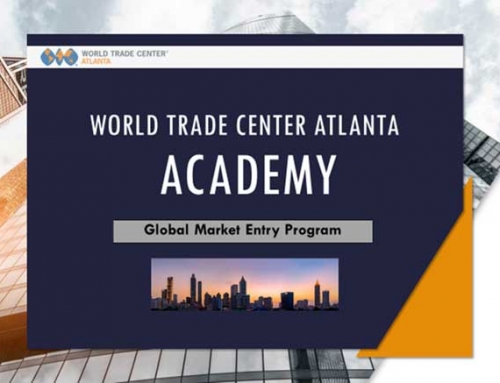Enjoyed an excellent lunch and discussion last week with John Emerson (former US Ambassador to Germany, Vice Chairman of the Capital Group International, Chair of the American Council on Germany, and Board member of the German Marshall Fund, Pacific Council on International Policy). The lunch was hosted by my ACG colleague Kathy Nalywajko, Senior Vice President the Capital Group (President, Board of Directors Ukrainian Institute of America, Association for Corporate Growth Board) last week. John had returned from recent high-level discussions with country leaders on 2020 global business trends, and Kathy just returned from meetings with Ukraine president Volodymyr Zelensky. Takeaways from the discussion included the following thoughts:
- There is trend toward greater burden sharing of global problems, rather that the US always leading efforts.
- Weaponization of tariffs and more aggressive global trade is becoming more common.
- While lower level production jobs may not be coming back to the US, there is a greater focus on people left behind with skills that are not in demand. Retraining and upskilling will be the result.
- The consequences of the US exiting multiple treaties (IMF Agreement, NAFTA, Iran Nuclear Agreement, Climate Change, TPP, etc.) will have longer lasting consequences for future presidents. As one country president said, “How can we be sure the US will honor its commitments a from administration to administration?”
- The current state of affairs in Cuba is primarily a political issue specifically of interest to Florida and New Jersey. However, the lack of engagement from the US gives another opportunity for Russia and China to develop strong relationships with Cuba and a continued presence 90 miles from Miami. The issue with the economic collapse of Venezuela offers Russia and China additional opportunities.
- Changes to Nafta and the rules regarding percentage of origin in products from 62.5% to 75% as well as the 45% minimum wage requirements on products sold abroad may have the effect of limiting immigration to the US, long term.
- China is receiving US agricultural products despite tariffs. Products are being sold to Brazil and in South America then shipped to China.
- China is making significant investment in global projects designed to increase trade to China such as the “Belt and Road” initiatives.
- Europe is likely to be the next target of US trade tariffs as soon as the Chinese tariff issues are settled.
- The general thought re the upcoming US presidential election is the Democratic representative will come from the moderate leaning Democrats (Bloomberg, Biden, Buttigieg) vs. more left leaning candidates (Warren, Sanders).
- As the US retreats from leadership positions in global programs, issues such as ethical implications in artificial intelligence (remember the Chinese scientists who reportedly cloned a baby) remain without a strong global leader.

